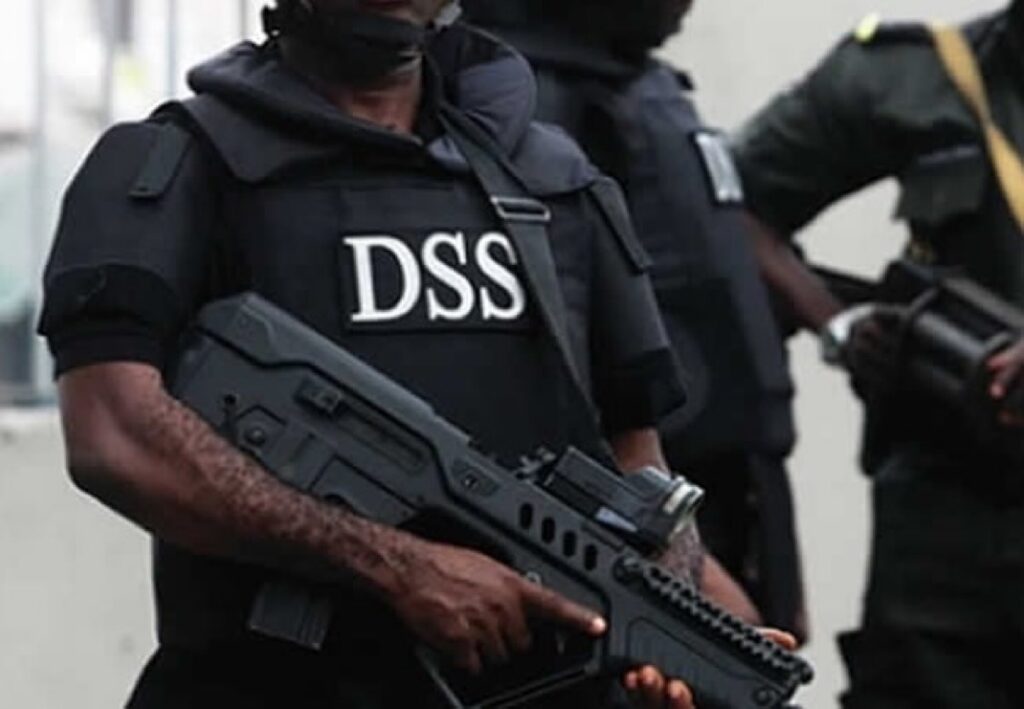
By : Chinasaokwu Helen Okoro
Nigeria: Alerts Military to Imminent ISWAP Attack in Ondo and Kogi States
Nigeria’s Department of State Services (DSS) has reportedly issued a high-level security alert to the Nigerian military and other security agencies over intelligence suggesting an imminent attack by the Islamic State West Africa Province (ISWAP) in Ondo and Kogi States. The warning, which surfaced late Tuesday, has triggered heightened surveillance and joint operations across the two states, raising concerns about the expanding reach of extremist groups beyond the North-East.
According to top security sources, the DSS intercepted credible intelligence indicating that ISWAP operatives are plotting coordinated strikes on strategic public facilities, including government buildings, transportation hubs, and religious centers. The group is believed to be seeking to exploit soft targets in the South-West and North-Central regions as part of its broader strategy to spread terror and gain national attention.
“The intelligence we have gathered points to an active ISWAP cell attempting to infiltrate communities in Ondo and parts of Kogi State,” a senior DSS official, who requested anonymity due to the sensitivity of the matter, disclosed. “They are likely planning to use locally assembled explosive devices and sleeper agents to carry out the attacks.”
The DSS alert reportedly included detailed operational advice to the military and police commands in both states, urging them to increase patrols, monitor suspicious movements, and strengthen intelligence sharing. Special attention has also been placed on border communities between Ondo and Kogi, which security officials described as potential entry points for terrorist operatives.
Military sources confirmed that troops under Operation Whirl Stroke and Operation Safe Haven have been placed on red alert, with quick response units deployed to strategic locations. “We have been instructed to maintain maximum vigilance. Surveillance drones and reconnaissance teams have already been activated,” said a military officer stationed in Kogi.
The news has caused anxiety among residents, especially in communities that have recently witnessed sporadic banditry and kidnapping. In Akoko and Ose local government areas of Ondo State, local vigilante groups have reportedly been mobilized to support security agencies. Similarly, in Kogi’s Okene and Adavi areas, police units have intensified stop-and-search operations, while community leaders have urged residents to report any strange faces or activities.
Ondo State Governor, Lucky Aiyedatiwa, while reacting to the development, assured citizens that the state government is working closely with federal security agencies to prevent any breach. “We are fully aware of the alert and have taken immediate steps to ensure our people remain safe. The security architecture of the state has been reinforced,” he said in a press briefing on Wednesday morning.
Kogi State Governor, Usman Ododo, also convened an emergency security meeting with the heads of the military, DSS, and police. In a statement from his media office, the governor said his administration “will not allow any terrorist group to establish a foothold in the state.” He added that security forces have been given full operational backing to neutralize any threat.
Experts believe the latest intelligence underscores the growing ambition of ISWAP to expand its influence beyond the Lake Chad Basin. Dr. Kabiru Sulaiman, a counterterrorism analyst, noted that the group has recently been experimenting with attacks in non-traditional areas to create fear and test the strength of southern security networks. “ISWAP understands that expanding its operations into the South-West and North-Central could destabilize more regions and strain Nigeria’s already stretched security forces,” he explained.
The DSS has urged citizens in the affected states to remain calm but vigilant, advising them to avoid crowded places and promptly report suspicious movements to the nearest security post. The agency reaffirmed its commitment to safeguarding national security and preventing terrorist infiltration.
As joint forces tighten security around major infrastructures — including power stations, military barracks, and communication towers — analysts warn that Nigeria’s war against terror must increasingly focus on intelligence coordination and community involvement. For now, the government and citizens alike are watching closely, hoping that proactive intelligence will once again prevent tragedy before it strikes.



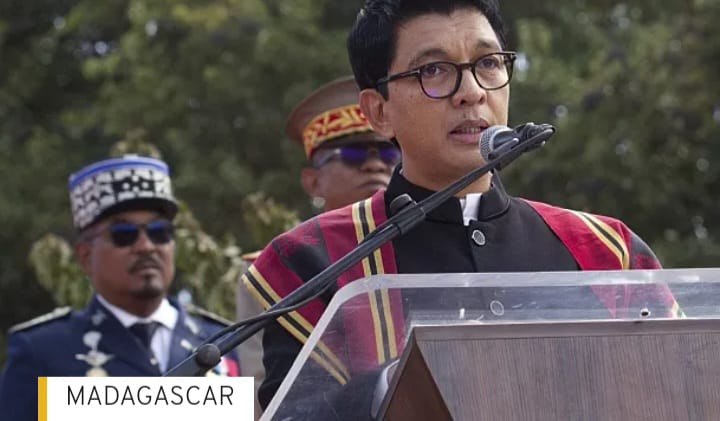 Madagascar on Edge: President Rajoelina to Address Nation Amid Crisis
Madagascar on Edge: President Rajoelina to Address Nation Amid Crisis 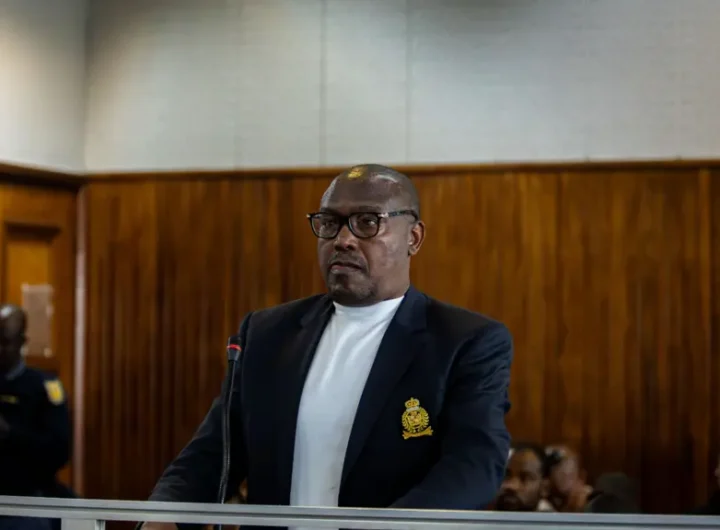 Johannesburg High Court Grants Alleged Crime Boss Katiso Molefe R400,000 Bail
Johannesburg High Court Grants Alleged Crime Boss Katiso Molefe R400,000 Bail  Myanmar Festival Bombing Kills 24
Myanmar Festival Bombing Kills 24 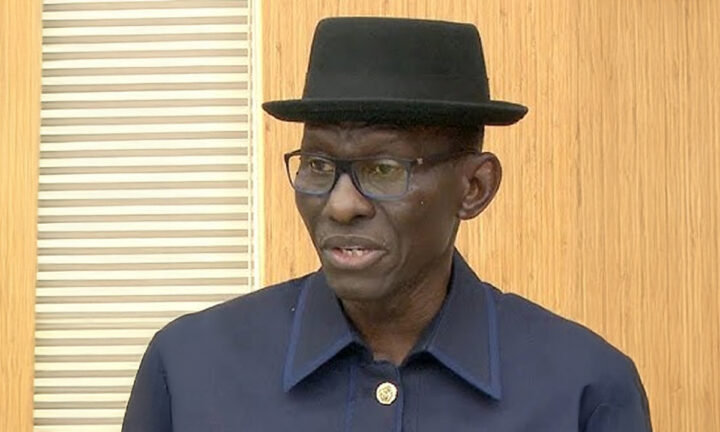 Nigeria Must Declare War On Terrorists — Ex-CDS Irabor Tells FG
Nigeria Must Declare War On Terrorists — Ex-CDS Irabor Tells FG 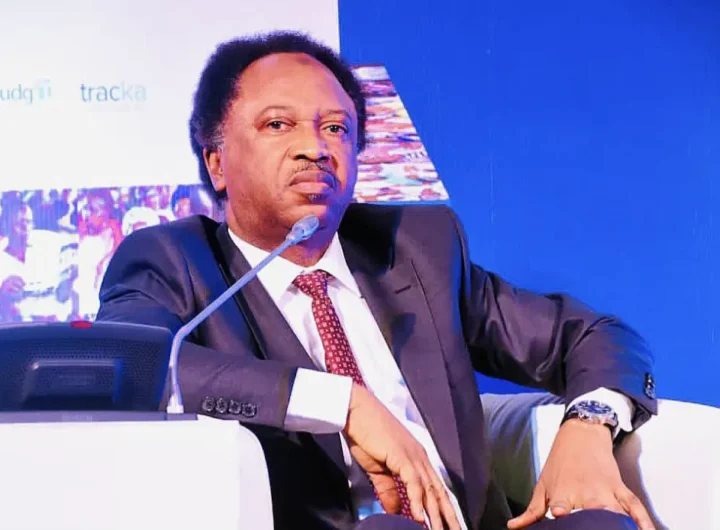 Shehu Sani Refutes Genocide Claim, Says Terrorists Kill Christians and Muslims in Nigeria
Shehu Sani Refutes Genocide Claim, Says Terrorists Kill Christians and Muslims in Nigeria  Peace Talks Show Nigerians Bowing to Bandits: Bukarti Warns
Peace Talks Show Nigerians Bowing to Bandits: Bukarti Warns 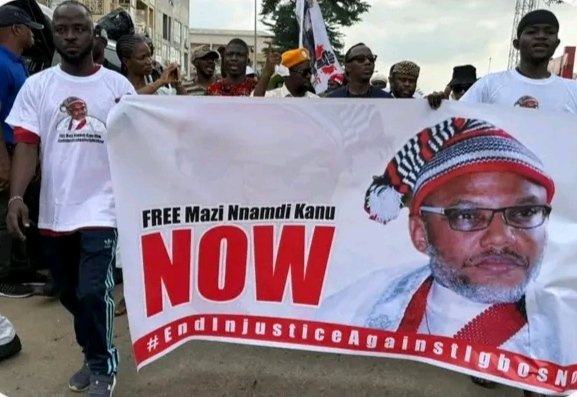 Nigeria’s Battle Over Nnamdi Kanu’s Freedom Turns the Courtroom into the New Protest Ground
Nigeria’s Battle Over Nnamdi Kanu’s Freedom Turns the Courtroom into the New Protest Ground  Eight Pupils Suspended After Brutal Bullying Video Sparks National Outrage in South Africa
Eight Pupils Suspended After Brutal Bullying Video Sparks National Outrage in South Africa  Nnamdi Kanu Opens Defence, Calls Wike, Umahi, Buratai, Others to Testify
Nnamdi Kanu Opens Defence, Calls Wike, Umahi, Buratai, Others to Testify  108 Years On: WWI Soldiers Finally Laid to Rest with Full Military Honours in France
108 Years On: WWI Soldiers Finally Laid to Rest with Full Military Honours in France